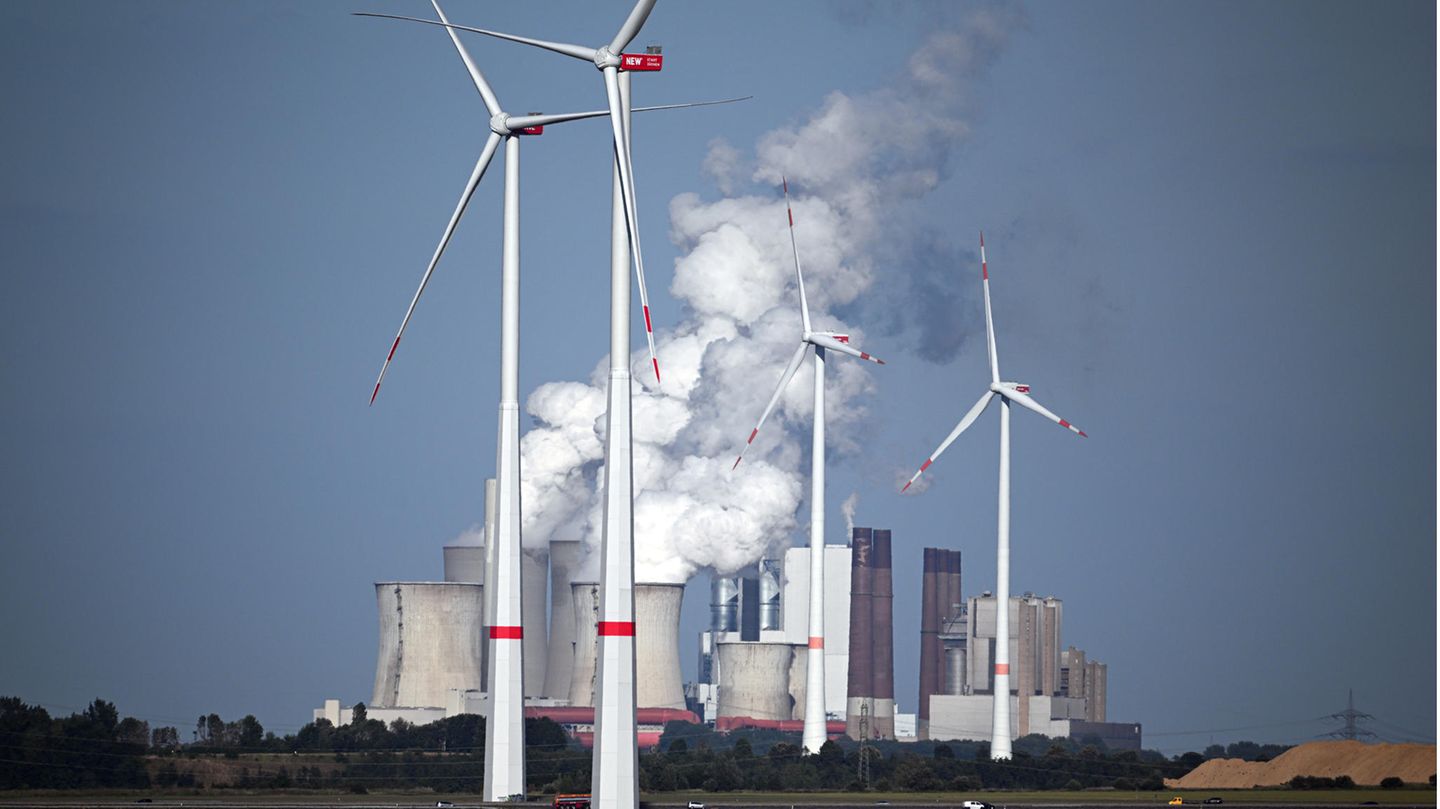Twelve countries are to withdraw from the Energy Charter. That’s what a group of young people between the ages of 17 and 31 is asking for. They even go to the European Court of Human Rights for this.
After 2021, this year is again all about natural disasters. Reports of devastating floods are increasing from Latin America and South Asia, while Europe is trying to protect itself from heat waves and forest fires in the south and in the middle. More and more people are affected by environmental disasters – few try to counteract them. An exception is a group of 17 to 31 year olds. The five young people come from different countries but share their experiences of environmental disasters.
On Thursday they will go before the European Court of Human Rights to take action against the hitherto little-known Energy Charter. Their argument: The agreement hinders the fight against the climate crisis. According to the media report, the court in Strasbourg will be asked to review the contract for the first time.
What is the Energy Charter?
The Energy Charter Treaty (ECT) is an international treaty designed to regulate the post-Cold War integration of the energy sectors of the former Soviet Union and Eastern Europe into the European and global markets. Its basis, the Energy Charter, was signed in The Hague in 1991, and the legally binding treaty was signed in Lisbon three years later. Both came into force in 1998. The ECT has 51 member states from Europe and Asia. The aim of the charter was to protect companies from expropriation and unfair competitive disadvantages. In the event of possible disadvantage, they can sue for damages. They are not only reimbursed for costs, but also for presumed lost profits.
The charter has long been criticized for being industry-friendly. As the “Guardian” reports, the group is now suing twelve of the 55 member states, including Germany, France and the United Kingdom. The reason: all of you local companies that benefited massively from the advantages of the ECT charter. The energy group RWE had sued the Netherlands for 1.4 billion euros because of a planned coal phase-out, while the Rockhopper Exploration group based in Great Britain took action against Italy after new drilling near the coast had been banned there.
The young plaintiffs argue that membership of the ECT Charter violates Articles Two and Eight of the European Convention on Human Rights. Accordingly, the right to life and the right to respect for private and family life would be impaired.
The price for climate protection is high
The lawsuit comes at a time when the ECT Charter is already under scrutiny because it threatens the goals of the Paris climate agreement. If countries prematurely phase out coal, gas or oil production, the companies affected could sue the states for an estimated 1.3 trillion euros in compensation by 2050. For climate activists, a horror scenario in which the transition to a green future would be massively hampered – while the earth continues to warm up.
In a letter that is available to the “Guardian” and signed by 76 climate researchers, the scientists have already warned that the agreement will slow down the end of fossil fuels or require high compensation payments. “Both options will jeopardize the EU’s climate neutrality target and the EU Green Deal,” the researchers write, calling on the French Presidency to work towards member states withdrawing from the treaty.
The ECT member states want to agree on a “modernization” of the agreement this week. The European Commission, acting on behalf of the 27 member states, has proposed a phase-out of investor protection for fossil fuels by the end of 2040. For activists, this step comes too late. They only see the compromise proposal as a appeasement for those countries that want to protect investors in fossil fuels.
According to the Guardian, France, Germany, Poland and Spain have commissioned the Commission to examine how the EU could withdraw from the agreement. This is based on leaked documents. Countries are skeptical that the charter would ever be compatible with Europe’s climate goals, the documents show. The representatives of the ECT charter reject these allegations. In her view, the charter only serves to protect the rights of energy companies.
Source: Stern
Jane Stock is a technology author, who has written for 24 Hours World. She writes about the latest in technology news and trends, and is always on the lookout for new and innovative ways to improve his audience’s experience.




